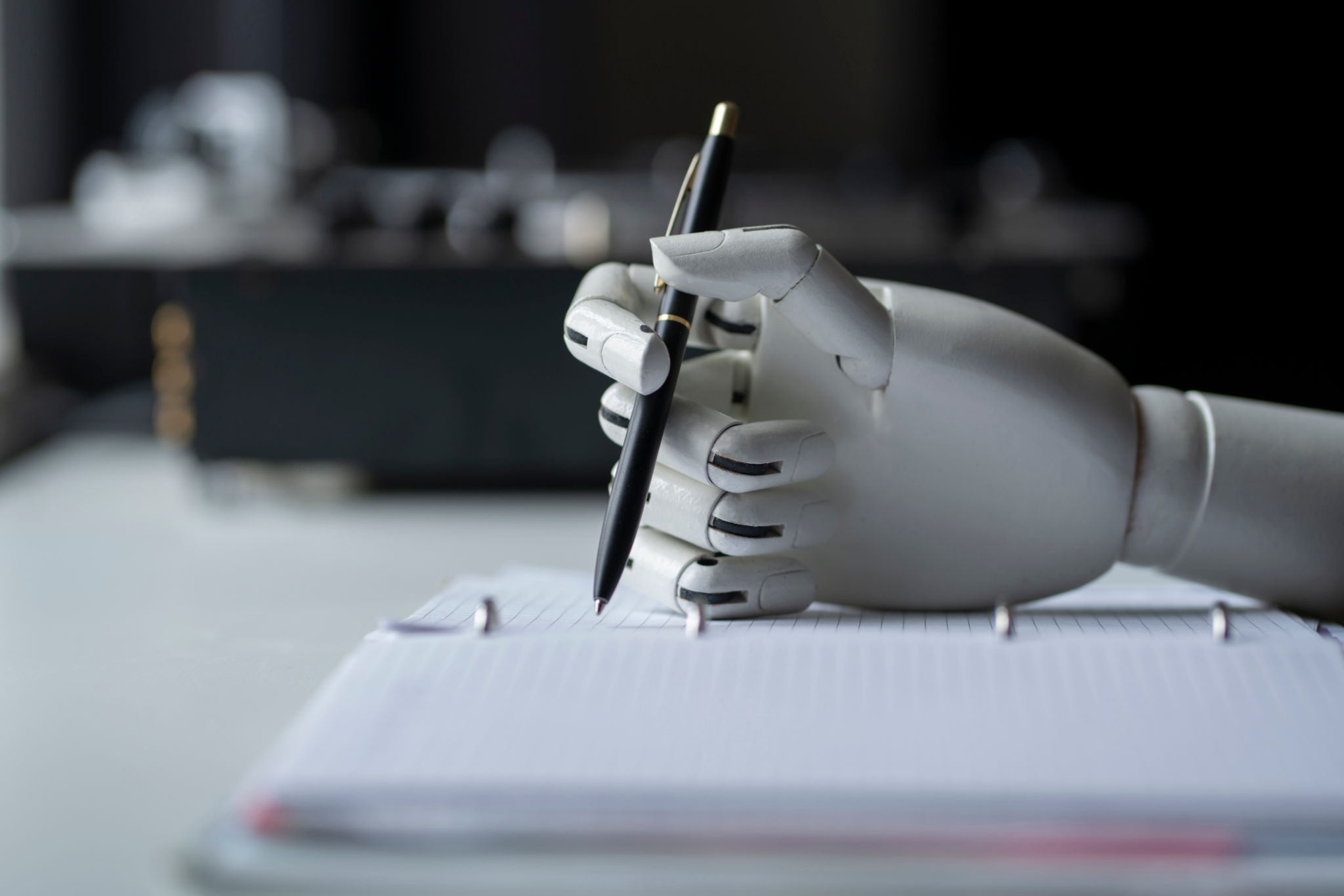Emerging Trends in AI Innovation: The Future of Human-AI Collaboration
The Dawn of Human-AI Collaboration
The rapid evolution of Artificial Intelligence (AI) is reshaping how we interact with technology, ushering in a new era of human-AI collaboration. This symbiotic relationship is set to transform industries, enhance productivity, and foster innovation. As AI continues to advance, understanding the emerging trends that define this collaboration is crucial for businesses and individuals alike.
Today, AI is far more than a tool for automation. It is becoming a partner in creativity and decision-making, assisting humans in tasks that require both precision and imagination. The integration of AI into various sectors is paving the way for innovative solutions that were once the realm of science fiction.

AI in the Workplace
One of the most significant areas where AI is making an impact is the workplace. Organizations are leveraging AI to streamline operations, improve efficiency, and enhance decision-making processes. From chatbots providing customer service to advanced data analytics tools predicting market trends, AI's role in business is expanding rapidly.
Moreover, AI is facilitating remote work by enabling virtual collaboration platforms and automating routine tasks. This transformation not only boosts productivity but also allows employees to focus on more complex and creative aspects of their roles.
Empowering Creativity with AI
AI is no longer just a tool for analysis; it is also a catalyst for creativity. Artists, designers, and writers are exploring new ways to collaborate with AI systems to generate unique and innovative content. For instance, AI-powered algorithms can assist in creating music, art, and even literature, offering a fresh perspective on traditional creative processes.

These technologies are not replacing human creativity but augmenting it. By handling repetitive tasks, AI allows creators to concentrate on ideation and experimentation, pushing the boundaries of what is possible in the creative industries.
Ethical Considerations in Human-AI Collaboration
As we embrace this collaborative future, ethical considerations become increasingly important. Ensuring transparency and accountability in AI systems is paramount to building trust between humans and machines. Ethical guidelines need to be established to address issues such as bias, privacy, and the potential misuse of AI technologies.
Organizations must prioritize ethical AI practices by implementing robust frameworks that govern the development and deployment of these systems. This commitment to ethical standards will be crucial in maintaining public trust and fostering a positive relationship between humans and AI.

The Future of Human-AI Synergy
Looking ahead, the potential for human-AI collaboration is immense. As AI becomes more sophisticated, it will continue to evolve from a supportive role to a collaborative partner that enhances human capabilities. This shift promises to unlock new opportunities across various sectors, from healthcare to education and beyond.
Ultimately, embracing these emerging trends in AI innovation will require a collective effort from governments, businesses, and individuals to harness its potential responsibly. By doing so, we can create a future where humans and AI work together harmoniously, driving progress and innovation on an unprecedented scale.
